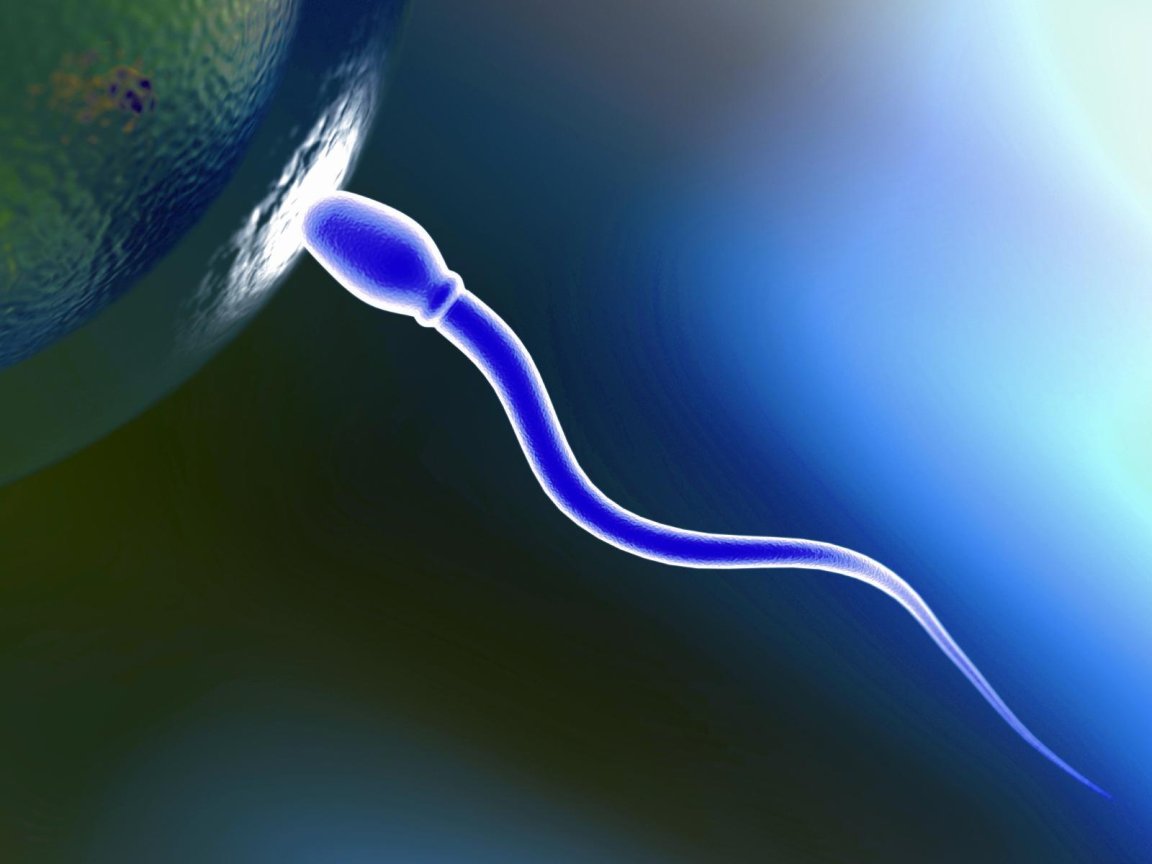
A New Breakthrough in Reproduction
Scientists from Nanjing Medical University in China managed to create artificial sperm, and it has been used to successfully fertilize mouse eggs and produced healthy offsprings.
They used embryonic stem cell to grow what is now dubbed as the “most effective test tube sperm cells ever.” Their artificial sperm is the first in the world to meet a set of criteria that was established by three fertility researchers in 2014, earning them the “gold standards” for proof of meiosis.
The results of their study have been published in Cell Stem Cell.
“The achievements of this paper are very remarkable,” John Schimenti of Cornell University, one of the researchers who defined the gold standard, told New Scientist. “I’m not aware of another group having progressed this far.”
An amazing feat

The team of scientists created artificial spermatids, which are actually immature versions of sperm cells, meaning they have no tails yet. Due to their inability to swim, these sperms are injected into a mouse egg via IVF.
The researchers harvested embryonic stem cells from mice and put them in chemicals called cytokines, which then transforms them into germ cells. Germ cells are a type of cell that gives rise to sex cells like eggs or sperm. While the cells were differentiating, they were placed next to testes-like tissue and exposed to the male sex hormone, testosterone, to coax them into a spermatid form.
To prove the effectivity of these cells, the team had to show that these cells retain important characteristics, such as having the right number of chromosomes and the right percentage of donor DNA. That may sound easy, but a lot of failed attempts occurred when trying to control all the key stages of sex cell division.
“Until now, researchers have struggled to prove that they have pushed cells through an important but complicated dividing process that leaves cells with only half of the father’s chromosomes,” Andy Coghlan reports for New Scientist.
Human Fertility Issues
These experiments were conducted on mice, so questions have been circling around whether or not these can also be applied to humans. Previous research has shown that it is possible to convert skin cells into pluripotent stem cells, which are equivalent to embryonic stem cells. These pluripotent stem cells have been converted into precursors of sperm and egg cells.
Of course, this is in theory. In the meantime, there are ethical questions surrounding this sensitive topic of changing the way humans pro-create.
“How can we tell if spermatids made in a laboratory are really of the same high quality as those made and tested by natural selection in the testis?” biologist Peter Donovan from the University of California, Irvine, who was not involved in the study, pointed out to The Verge.
French and Japanese scientists are tailing right behind the Chinese team’s artificial sperm study, so we will know soon enough how society accepts this new way of creating life.